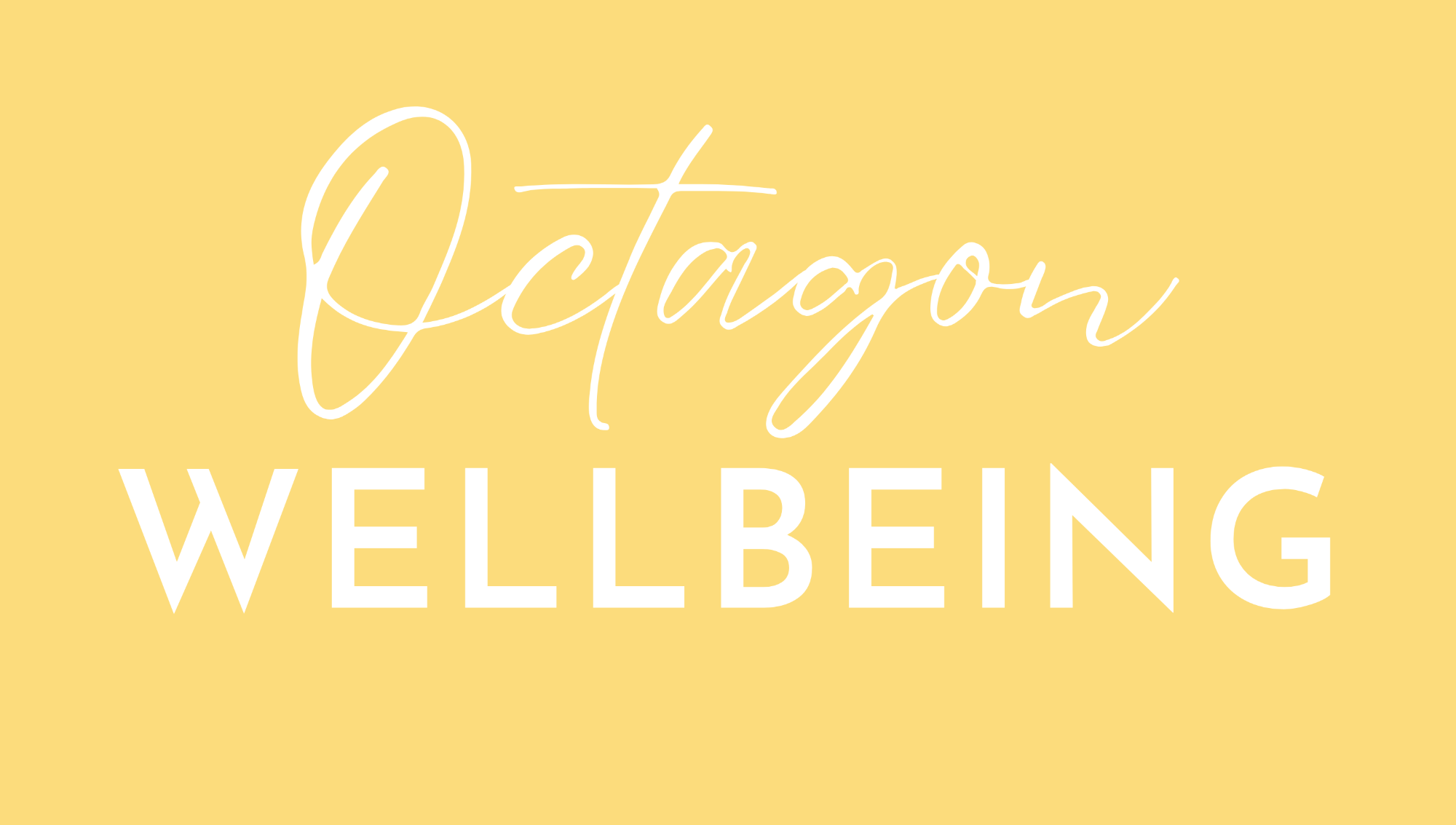Are you getting the most from your therapy session?
Posted on
Starting any therapy is a great way to take care of your mental health. However, if you don't know how to make the most out of your therapy session, you may not be getting the full benefits. In this blog post, we'll discuss the top tips to help you get the most from your therapy appointments.
Be open and honest
One of the most important things to remember when going to therapy is to talk openly and honestly. It's not always easy to be completely vulnerable with a stranger so don't feel pressured to reveal everything in your first session. Therapy is a process, and it may take time to feel comfortable enough to open up. However, the more open and honest you can be, the more productive and beneficial your therapy sessions will be. Don't be afraid to share your thoughts, feelings, and experiences, and trust that your therapist is there to help guide you towards healing and growth.
Try and commit to more than one session
Coming to a therapy session doesn’t mean you will need to commit to a weekly or monthly session for life. However, just as a single session at the gym won’t make you instantly “fit” most people benefit most from a series of sessions. The first session will usually be a combination of initial discussion so the therapist can get to know you, to find out what you’d like to achieve from working together and begin the therapeutic process. Many people find that just taking the time to talk though their issues is incredibly beneficial to their mental health and wellbeing and they can feel an improvement after this first session. However, very often it’s the subsequentsessions are often when longer lasting improvements happen as your therapist will get to know you better over time and be able to support you and your needs as your professional relationship is built.
Be open minded to new ideas
You don’t have to agree with everything your therapist says and it’s great to speak up if you’re unsure of something. Equally though it’s useful to approach a therapy session with an open mind to new ideas.
Prioritise
While therapists can help you improve your wellbeing in lots of areas they may ask you which are your priority areas to work on. Sometimes it can be more effective to focus on one or two specific issues at a time to ensure session time is focused and purposeful (of course though, the sessions are your time so if you don’t want to do that you don’t have to!) Very often by being more focused on a specific area you’ll not only find quicker improvement but you may find the benefits from this will then naturally transfer to other areas of your life. Equally if you feel like your initialissues have been improved you can always move on to other issues you’dlike to work on in future sessions whenever you’reready.
Ask questions
It's important to remember that therapy is a collaborative process, and you and your therapist are a team working together towards your wellbeing. As such, don't hesitate to ask questions during your session - no question is too small or silly. Whether you want to clarify something your therapist said, ask for more information about a certain technique or approach they are using or are just curious about something, your therapist is there to provide answers and support you on your journey.
By asking questions, you can gain a deeper understanding of the therapeutic process, learn more about yourself and your thought patterns, and make the most of your therapy sessions. If you're feeling hesitant or unsure about something, bringing it up with your therapist can help alleviate any fears or doubts you may have, and help you build trust and rapport with your therapist.
Don’t leave your therapy in the therapy room
This isn't about adding more work to your plate or feeling like you're failing if you don't manage it. It's simply about finding ways to continue the work you're doing in session and use it to support your everyday life. After each therapy session, it's important to try and take some time to reflect on what was discussed and what insights you gained. This can help you process the emotions that came up and can also give you time to think about any action steps you want to take. Perhaps try practicing what you've learnt. If you and your therapist have discussed specific strategies or techniques, try to practice them in your everyday life. For example, if you've been working on managing your anxiety, try using some of the coping mechanisms you've learned the next time you feel stressed. You can always reach out for support from your therapist if you're struggling between sessions. They may be able to offer additional sessions to help you through difficult times.

Add a comment: